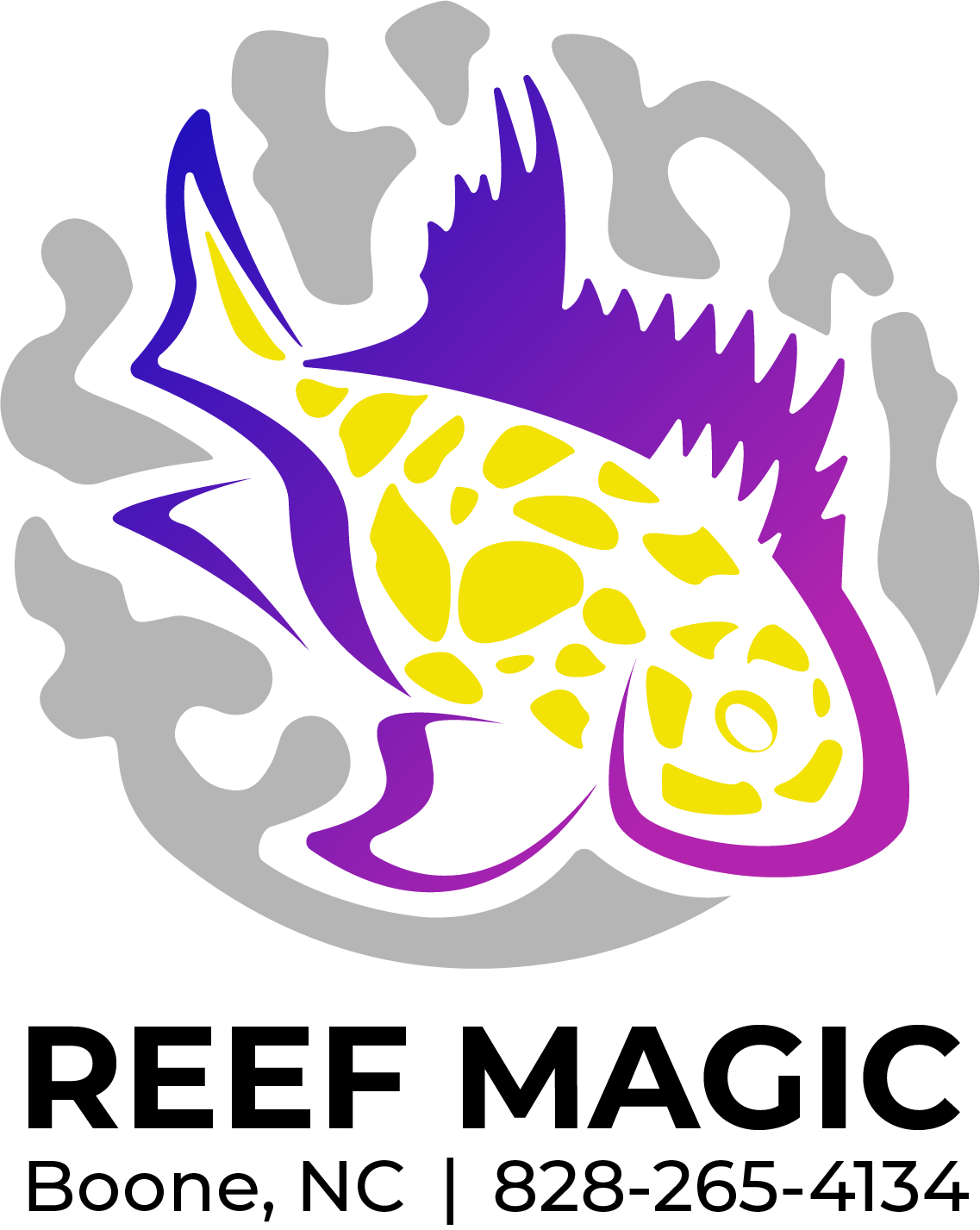 Image 1 of 1
Image 1 of 1


Fighting Conch
Fighting Conchs (Strombus spp.) are intriguing and attractive marine snails that can make interesting additions to saltwater aquariums. To ensure their well-being, it's important to meet their specific requirements:
Tank Size: Fighting Conchs require a tank with sufficient space to move and explore. While they are relatively small, a tank size of at least 20 gallons is recommended to provide ample room for their activities and accommodate their natural behaviors.
Water Parameters: Maintaining stable and appropriate water conditions is crucial for the health of Fighting Conchs. The recommended water temperature should be between 72°F and 78°F (22°C to 25°C). Salinity levels should be maintained at around 1.023 to 1.026 specific gravity, and pH levels should be within the range of 8.1 to 8.4. Regular monitoring of ammonia, nitrate, and nitrite levels is essential.
Substrate: Provide a suitable substrate for Fighting Conchs to move and burrow into. A sandy or fine gravel substrate is ideal, allowing them to bury themselves partially or completely. The substrate should be free of sharp edges or rough textures to prevent damage to their delicate foot.
Water Flow: Fighting Conchs prefer moderate water flow in the aquarium. Position powerheads or aquarium pumps strategically to create gentle and indirect water movement, allowing them to move comfortably without being swept away.
Feeding: Fighting Conchs are herbivorous and primarily feed on algae and detritus. Ensure a sufficient supply of algae in the tank for them to graze on. Supplement their diet with blanched vegetables like spinach or seaweed sheets. Additionally, they will consume small particles of food and detritus present in the aquarium.
Tank Mates: Fighting Conchs are generally peaceful and can coexist with a variety of tankmates. They are known for their effective algae consumption and can contribute to maintaining a balanced ecosystem. However, avoid housing them with aggressive or predatory species that may harm or stress the conchs.
Water Quality and Maintenance: Regular maintenance is essential to maintain optimal water quality. Perform routine water changes to remove accumulated waste and maintain stable water parameters. Utilize a protein skimmer and efficient filtration to remove excess organic matter and maintain water clarity.
Acclimation: Proper acclimation is crucial when introducing Fighting Conchs to a new aquarium. Gradually acclimate them to the water conditions by floating their container in the aquarium and slowly adding small amounts of aquarium water to the container over a period of time.
It's important to note that Fighting Conchs have specific care requirements and may not be suitable for all aquarium setups. Ensure you have a stable and well-established aquarium with proper filtration, food sources, and suitable tankmates before introducing them. Additionally, consult with experienced hobbyists or marine experts for guidance on their care and compatibility with other tank inhabitants.
Fighting Conchs (Strombus spp.) are intriguing and attractive marine snails that can make interesting additions to saltwater aquariums. To ensure their well-being, it's important to meet their specific requirements:
Tank Size: Fighting Conchs require a tank with sufficient space to move and explore. While they are relatively small, a tank size of at least 20 gallons is recommended to provide ample room for their activities and accommodate their natural behaviors.
Water Parameters: Maintaining stable and appropriate water conditions is crucial for the health of Fighting Conchs. The recommended water temperature should be between 72°F and 78°F (22°C to 25°C). Salinity levels should be maintained at around 1.023 to 1.026 specific gravity, and pH levels should be within the range of 8.1 to 8.4. Regular monitoring of ammonia, nitrate, and nitrite levels is essential.
Substrate: Provide a suitable substrate for Fighting Conchs to move and burrow into. A sandy or fine gravel substrate is ideal, allowing them to bury themselves partially or completely. The substrate should be free of sharp edges or rough textures to prevent damage to their delicate foot.
Water Flow: Fighting Conchs prefer moderate water flow in the aquarium. Position powerheads or aquarium pumps strategically to create gentle and indirect water movement, allowing them to move comfortably without being swept away.
Feeding: Fighting Conchs are herbivorous and primarily feed on algae and detritus. Ensure a sufficient supply of algae in the tank for them to graze on. Supplement their diet with blanched vegetables like spinach or seaweed sheets. Additionally, they will consume small particles of food and detritus present in the aquarium.
Tank Mates: Fighting Conchs are generally peaceful and can coexist with a variety of tankmates. They are known for their effective algae consumption and can contribute to maintaining a balanced ecosystem. However, avoid housing them with aggressive or predatory species that may harm or stress the conchs.
Water Quality and Maintenance: Regular maintenance is essential to maintain optimal water quality. Perform routine water changes to remove accumulated waste and maintain stable water parameters. Utilize a protein skimmer and efficient filtration to remove excess organic matter and maintain water clarity.
Acclimation: Proper acclimation is crucial when introducing Fighting Conchs to a new aquarium. Gradually acclimate them to the water conditions by floating their container in the aquarium and slowly adding small amounts of aquarium water to the container over a period of time.
It's important to note that Fighting Conchs have specific care requirements and may not be suitable for all aquarium setups. Ensure you have a stable and well-established aquarium with proper filtration, food sources, and suitable tankmates before introducing them. Additionally, consult with experienced hobbyists or marine experts for guidance on their care and compatibility with other tank inhabitants.


